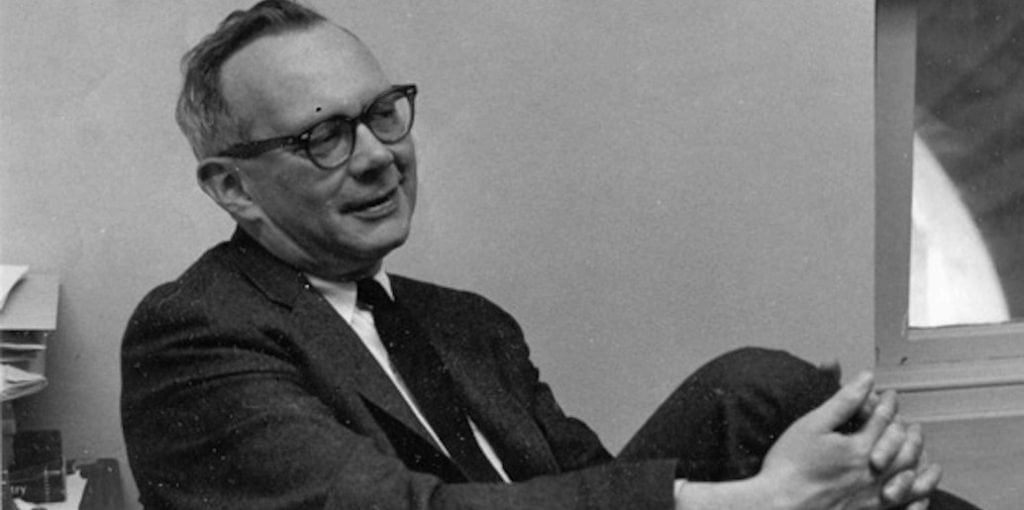From Jacobin
Can Liberalism and Socialism be Reconciled?
From the outset of “Socialism and Liberalism,” Howe acknowledges a problem: liberalism is a notoriously slippery concept. After running through several definitions — a “current of opinion” in bourgeois society, a “system of ideas” stressing political freedoms, the attempt to humanize industrial capitalism — he observes that however one defines it, liberalism has long been attacked by socialists.
Socialists charged that the classical liberal notion of society as a collection of free and equal competitors was so removed from reality that it bordered on a snide joke. Marxists famously accused liberals of elevating their doctrine into a “suprahistorical abstraction” above petty concerns of power and class, and Karl Marx himself insisted that liberalism must be treated as the ideological “superstructure” of a given historical epoch, largely brought about by changing material and technological conditions and relations.
A democratic socialist himself, Howe endorses many of these critiques. But he insists that socialists have frequently overplayed their hand — underestimating the affinity between liberalism and socialism and overlooking the things that liberalism has gotten right. For instance, in his famous debate with the anarchist Mikhail Bakunin, Marx dismissed the objection that he placed too much faith in centralized power gradually “withering away,” if put to communist purposes. This proved deeply wrong in practice. Howe points out that many liberals might have alerted Marx to this potential since they perceived the problem “with greater depth, because more genuine interest” than socialists.

Howe also castigates socialists for straw-manning the liberal vision of society and its supposedly nonexistent theory of power. According to socialists, liberals conceived of society as structured by an atomistic, possessive individualism. Each person was a private rights bearer, interacting with her peers purely on the basis of mutually beneficial exchanges. This blinded liberalism to the effects of economic power and the ways the allegedly minimal liberal state helped entrench capitalism around the globe through imperialism and colonialism.
Howe argues that this conception does a disservice to the nuances of liberal theorizing. Thoughtful classical liberals like John Stuart Mill — one could include Thomas Paine and Mary Wollstonecraft, among others — were well aware of these challenges and had specific ways of dealing with them, including protecting basic liberties and political freedoms, fostering pluralism, and imposing checks and balances on state power. Not all were solutions that socialists would prefer, but solutions they were. Simply dismissing them as “ideology,” as though all liberals were naively unaware of systems of power, was historically inaccurate.
On top of that, Howe writes, it fails to recognize how socialists had succeeded in getting liberal thinkers to budge and think through how to mitigate the influence of economic power and ameliorate the conditions of the poor within the liberal tradition. As he puts it:
Almost every sophisticated (and thereby, soon enough, unsophisticated) analysis of society now takes it for granted that politics must be closely related to, and more or less seen as a reflection of, social interest; that society forms a totality in which the various realms of activity, though separable analytically, are intertwined in reality; that no segment of the population can be assumed any longer to be mute or passive, and that there has appeared a major force, the working class, which must be taken into historical account; and that the rationalism of most liberal theory, though not (one hopes) simply to be dismissed, must be complicated by a recognition of motives and ends in social behavior that are much richer, more complicated, and deeply troubling.
Leave a Reply
You must be logged in to post a comment.